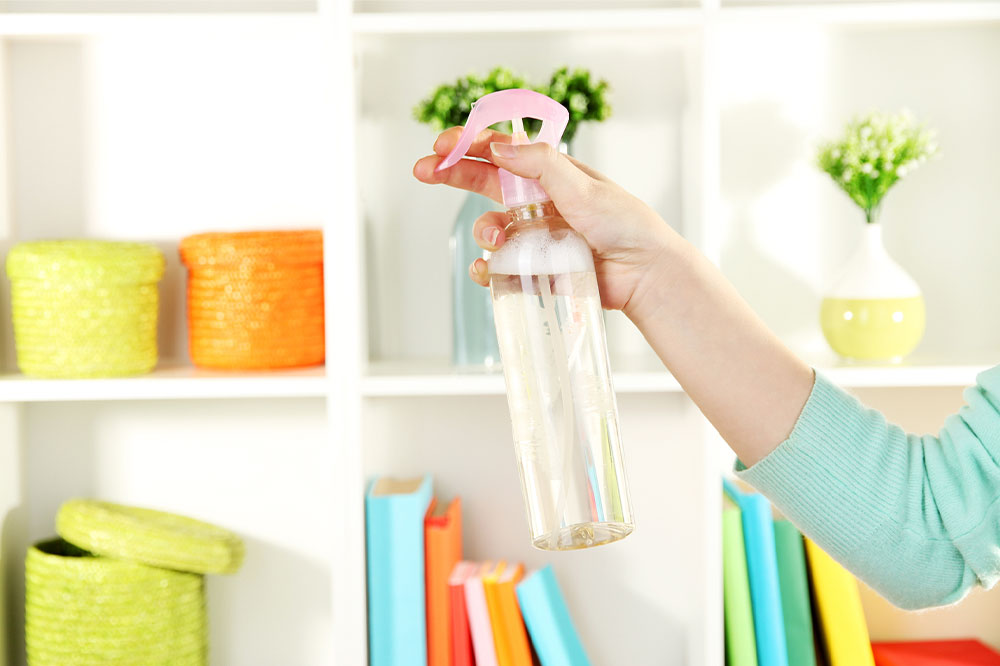5 household items that can increase the risk of cancer

From cleaning supplies to food storage containers, did you know that many daily-use household items have been linked with cancer? However, it can be challenging to avoid these products, making it essential to consider the compounds they comprise, know the potential risk factors, and steps to be taken for safety. To begin with, it is vital to acquaint yourself with this list of household items that have been linked with cancer to avoid adverse effects.
Cleaning products
Benzene and formaldehyde are common compounds in cleaning products and these have also often been linked with cancer. They can be present in household items like disinfectants, bleach, and air fresheners.
Pesticides
Pesticides are commonly used in gardens and on houseplants to control the activity of pests. However, pesticides contain chemicals like glyphosate. It is important to either use natural alternatives or use these chemicals with caution to avoid the harmful effects of this carcinogenic compound.
Canned foods
Bisphenol-A or BPA is a commonly found chemical in canned goods. This compound that lines most canned foods is associated with cancer. It is advised that people choose frozen or fresh produce instead of canned ones. If that is not possible, look for canned foods with a BPA-free label on them. These are considered safer alternatives to cans that might increase cancer risk.
Plastic containers
Like canned foods, most plastic containers also contain BPA in them. They can release harmful chemicals when exposed to high temperatures on heating or after being exposed to sunlight. It is best to use stainless steel or glass containers to store food as much as possible.
Non-stick cookware
Perfluorooctanoic acid, or PFOA, is a primary compound found in the coating present on non-stick cookware. This has often been linked to cancer. It is therefore recommended to stick with safer cooking utensils like stainless steel or cast iron that are free of such carcinogenic compounds.
Additional carcinogens found in homes
Aside from these household items mentioned, your living space could be housing other carcinogens without any notice. For example, cooking meat over an open flame or even at higher temperatures has been known to give rise to carcinogenic activity.
Additionally, radon is a radioactive gas that can find its way into the house by seeping in from between the cracks in the foundation. Exposure to radon gas has been tied to an increased risk of lung cancer. To prevent this from happening, it is vital to test houses and offices for its presence.



